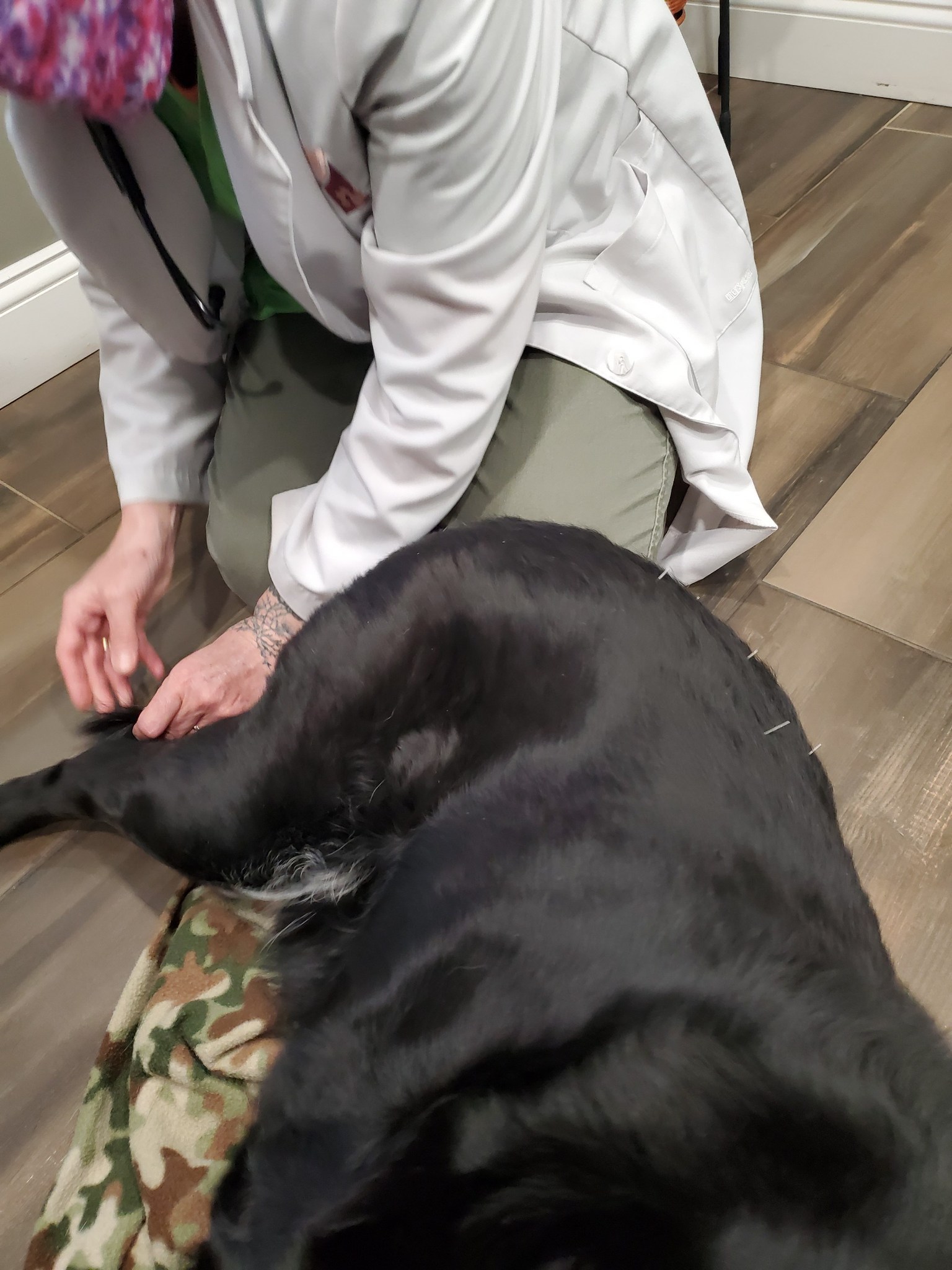Chinese Medicine, as we have previously described, is based upon Balance within and among living systems. Achieving and maintaining this balance relies upon understanding the driving processes within living systems. To begin to understand these functions, Chinese Medicine has created a description of 5 fundamental systems within the body as well as the universe. These systems are (confusingly) translated into names of traditional internal organs, however, these systems represent far more than the western understanding of these organs.
Here, we will attempt to give a concise, basic overview of the 5 systems:
- Heart (Fire): This system relates to the actual heart itself (blood flow, rhythm, vessels) as well as the mind and emotions, the sense organ associated with the heart is the tongue and speech. When in balance, this system creates joy, enthusiasm, and high activity. When the heart is out of balance your pet may experience traditional heart disease or hypertension. Due to the heart’s control of our mind and emotions, an out-of-control heart can lead to anxiety or other behavioral issues such as aggression, dementia, or separation anxiety.
- Spleen (Earth): The spleen system relates to digestion and processing of nutrition. The spleen is also responsible for maintaining structural integrity within the body, it prevents organs from prolapse and keeps food going in the proper direction. Emotional problems with the spleen tend to manifest as worry. The sense organ of the spleen is the mouth and taste. When in balance, the spleen system regulates digestion, growth, and muscle development. When the spleen is out of balance, bleeding and other “releasing” processes such as vomiting, diarrhea, and sweating can occur. As the spleen is system of holding, your pet may have weak abdominal muscles and appear potbellied. We will also see weakness of the legs.
- Lung (Metal): The lung system relates to the anatomical lungs and controls such operations as breathing and air exchange. The lung also has control over the skin and moisture within the body. The sense organ associated with the lung is the nose and smell. The emotion associated with the lung is sadness. When in balance, this system regulates oxygen and carbon dioxide exchange, body humidity, skin condition. When out of balance, lung disease, dry or infected skin and allergies may be seen.
- Kidney (Water): The kidney system relates to the actual kidney organ. The kidney’s function is to control water and electrolyte balance within the body. The kidney also controls the bones and is associated with the sense of hearing. Out of balance, the kidney system can manifest as kidney failure, urinary tract issues, arthritis, spinal issues, and deafness.
- Liver (Wood): This system relates to detoxification within the body and is performed by the liver organ. The liver also controls homeostasis (basic body regulation of temperature, regeneration, etc.), endurance, tendon and ligament strength, and the sense of vision. The emotion associated with the liver is anger. When the liver is out of balance, we can see weakness, susceptibility to illness and eye problems.
From this very brief introduction to the 5 elements of Chinese medicine you can get a sense of the energetics at work to unify a whole organism. Our next “deep dive” will go further into the relationships between these systems and their manifestations in the body.

